 |
 |
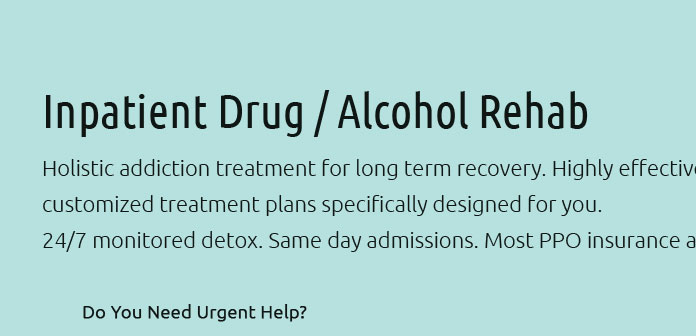 |
 |
 |
 |
||
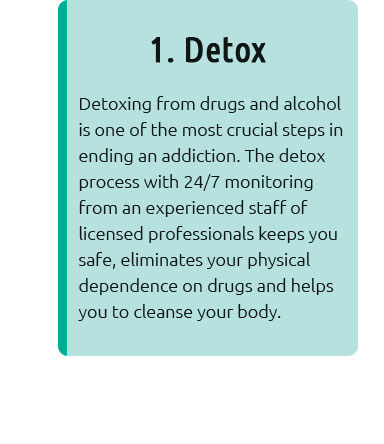 |
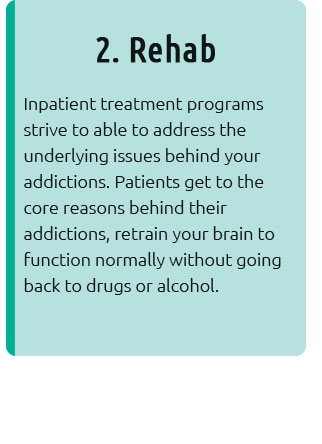 |
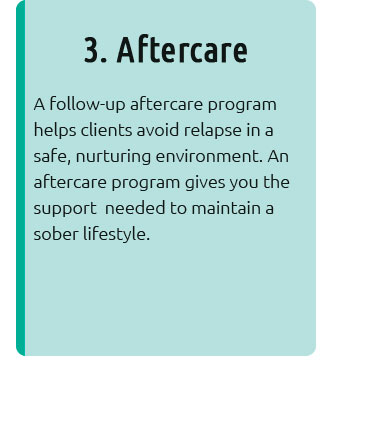 |
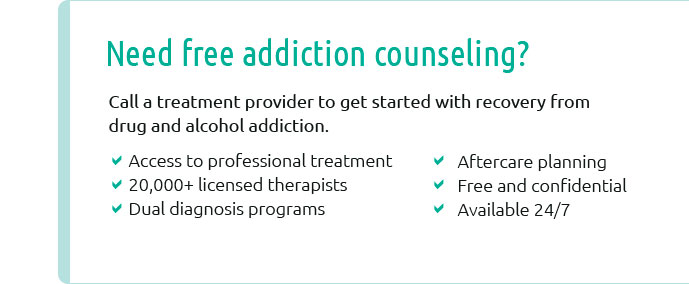 |
 |
 |
 |
||
 |
||
 |
||
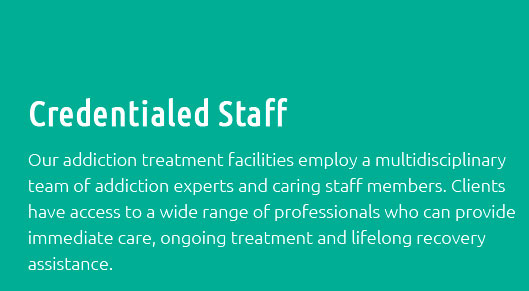 |
 |
 |
|
 |
|
|
Welcome to a transformative journey with our inpatient drug and alcohol rehab, where change is not just a possibility-it's a promise; our inpatient program is a sanctuary of healing, offering unparalleled support and expert guidance around the clock, empowering you to reclaim your life with unwavering confidence; here, you'll find a community that believes in your potential and a pathway to a brighter, substance-free future, all set in an environment that prioritizes your well-being and growth-because your recovery deserves nothing less than extraordinary.
https://laurelridgetc.com/treatment-services/military/active-duty-inpatient/
Laurel Ridge Treatment Center offers intensive inpatient mental health care in military-only units, so you get comprehensive care that meets your unique needs. https://www.sanantoniorecoverycenter.com/texas-addiction-rehab-programs/inpatient-drug-rehab/
Inpatient drug rehab is often the first step of recovery following detox. Call 866-514-0275 to learn more about this level of treatment from SARC today. https://www.psychologytoday.com/us/treatment-rehab/tx/san-antonio?category=residential-inpatient
Stone River Recovery residential program utilizes an evidence-based structured approach toward establishing a strong foundation in recovery.
|